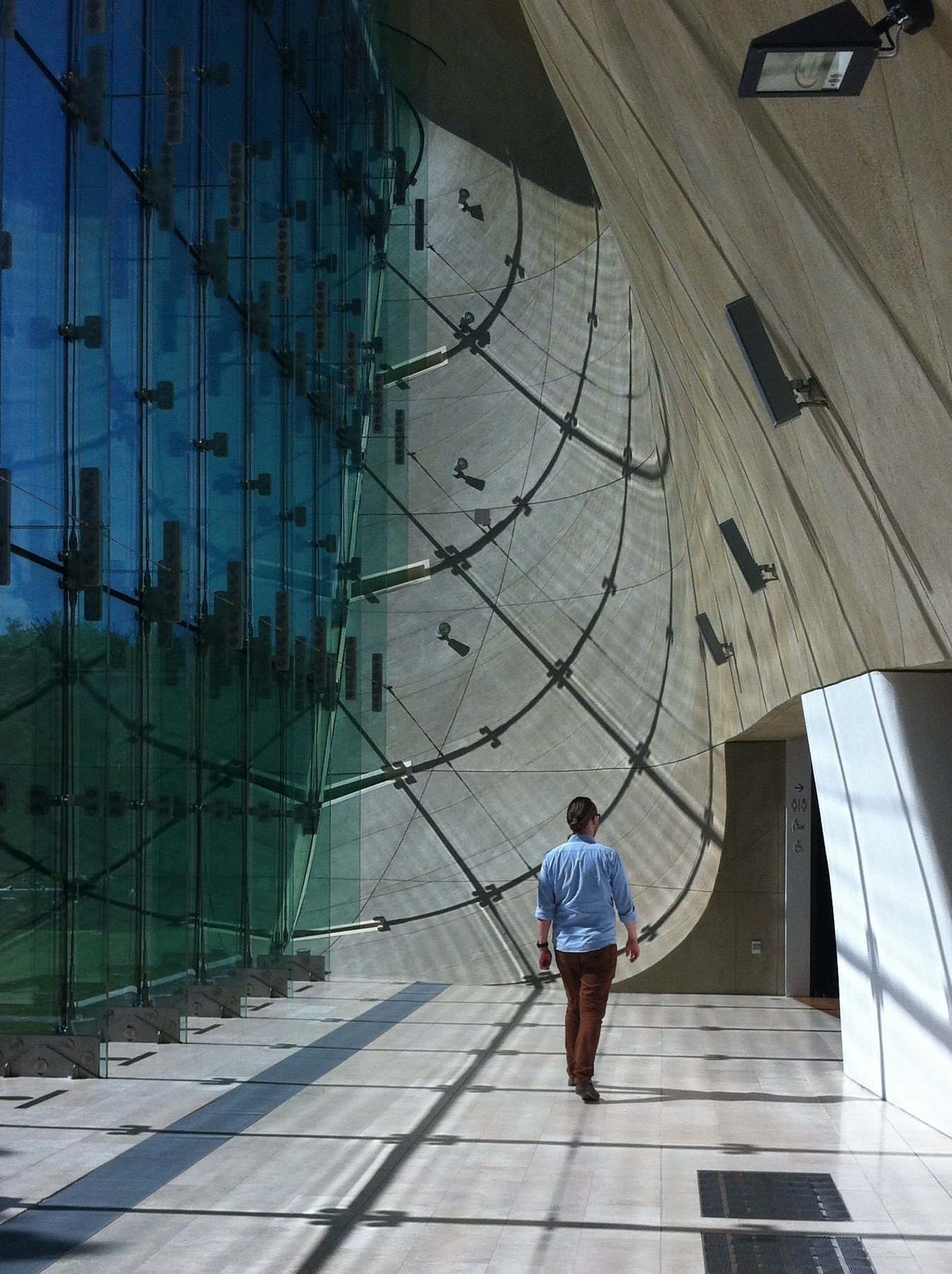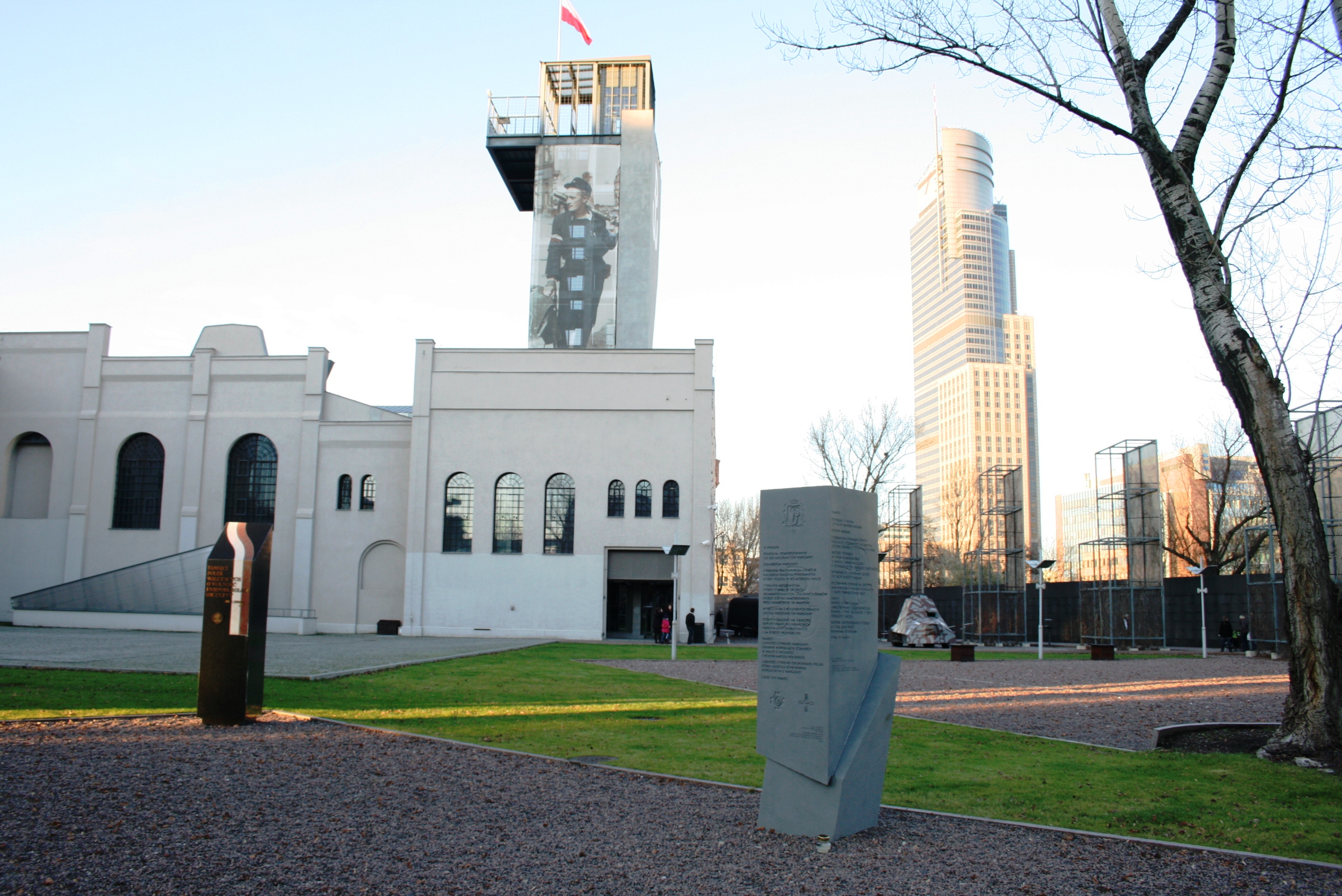The shift to democratic politics in Poland after the fall of communism triggered an intensive re-evaluation of the national past. This was primarily driven by the new political elites who strove to endow the new state with a different set of foundational values. The recovery of a past officially erased and censored by the communist regime manifested itself in historical resolutions adopted by the new Polish parliament, the revision of officially celebrated holidays, the sponsoring of new monuments, the opening of museums and the adoption of memory laws which sanctioned a post-1989 interpretation of historical events. A special institution, the Institute of National Remembrance, was also established in 1999 and was tasked with the re-evaluation of twentieth-century Polish history.
The process of the recovery of the past occurred in two interrelated fields. First, Poland’s relations with neighbouring countries and ethnic minorities during the Second World War were reexamined. The main focus was on Polish-Soviet relations, but Polish-Jewish, Polish-Ukrainian and Polish-German relations were also re-evaluated. Events such as the secret 1939 protocol to the Molotov-Ribbentrop pact (which divided eastern Europe into German and Soviet spheres of influence), the Katyn massacre (the mass execution of Polish prisoners of war by the NKVD in 1940) and the deportation of the Polish population to the USSR in 1939-1941 became part of official historical knowledge. The other area of revisionist activity related to the history of communist Poland, mainly the consolidation of communist power in the Polish People’s Republic and persecution of political opponents by the communist regime.
The process of the recovery of the ‘forgotten’ past was conditioned by number of factors. First, Poland’s relationship with the Russian Federation in the 1990s was shaped by foreign policy priorities: joining NATO and the European Union. It was important to ensure, throughout the accession process, that disagreements with Russia over the interpretation of historical events could not be used to hamper Poland’s attempt to reorient itself towards the West. Second, the transition to democratic politics had been negotiated with Polish communists, making any comprehensive reckoning with the post-war communist past initially difficult. Moreover, an initial decline in living standards during the first phase of economic transformation paved the way for the former communist party to win the parliamentary elections in 1993 and 2001. Although the party refashioned itself as a western social democratic party, supporting Poland’s membership of NATO and the EU, it tried to preserve the commemorative heritage of the communist regime. Third, the post-1989 administrative reforms regulating the functioning of local government in Poland made local councils responsible for erecting and removing monuments and naming (and renaming) public spaces such as streets and squares. Thus, to a large extent the commemorative landscape in Poland has been shaped by local authorities that are directly accountable to their electorate and have to take into consideration local attitudes towards the re-evaluation of the past when taking decisions. Here, there was the issue of a general reluctance to rename streets because of the financial and other everyday implications that such renaming involved. But equally, the war and post-war historical experiences, different in different regions of Poland, played their part.
However, one of the most important factors that impacted on the process of the recovery of the past in Poland was the bitter rivalry between factions within the post-Solidarity camp. In the 1980s the Solidarity movement was united by opposition to the communist regime but once communism had collapsed, different attitudes to social values and economic policies resurfaced. In consequence, no consensus emerged over the assessment of the post-war era (especially the post-Stalinist era), how far the recovery of the past should go and who should have the authority to oversee it. And finally, the re-evaluation of the past was also conditioned by global processes. In the last few decades, in democratic systems, central authorities’ dominant position in constructing and endorsing a particular narrative of the past has been eroding. The rise of new means of global communication, developments in media technologies, cross-cultural contact and the emergence of diverse groups engaged in their own politics of identity have brought about a fragmentation of national memory, democratization of memory and a cosmopolitanization of memory. This has resulted in a more pluralistic understanding of whose memories of the past should matter.
Thus, overall in Poland, the process of reckoning with the past is characterized not only by concrete accomplishments but also by bitter conflicts, often referred to as Poland’s memory war. This situation can best be illustrated by two examples. Major, prize-winning multimedia museums were built that provide information about events previously censored from Polish history, such as The Warsaw Uprising Museum (2004) and Polin, Museum of the History of Polish Jews (2013) in Warsaw and the Museum of the Second World War (2017) in Gdansk. At the same time, these museums are a source of ongoing controversy with politically motivated interference in the process of appointing management boards and museum directors. Another instructive example of how challenging the process of reckoning with the past has been relates to the de-communization of public space. After the fall of communism many monuments commemorating communist heroes disappeared from the central locations of towns and cities. The renaming of public space followed, but the process was not everywhere completed. Many municipal authorities - for various reasons - did not initiate a comprehensive decommunization of public space. The first attempt to impose from above the mandatory removal of symbols that were described as ‘glorifying communism’, such as Red Army monuments, goes back to 2000. The Bill, however, was not approved by a majority in parliament because it was perceived as too radical a form of state intervention in commemorative space. Although agreeing that symbols ‘glorifying communism’ are inconsistent with the values of the new Polish state, many politicians questioned whether a commemorative landscape could be ‘cleaned up’ from above by administrative decree. There was also uneasiness about the very process of identifying symbols ‘glorifying communism’. Eventually, the law was passed in 2016 when the Law and Justice party’s government had a working majority in parliament. It forces local authorities to remove the names of public spaces that ‘symbolize communism’. In October 2017 an amendment to this law was adopted that extends this legislation to monuments. However, the implementation of this memory law has not been without its problems as many local authorities have challenged the mandatory renaming of streets in courts.
Consequently, so far, the Polish state has not managed to monopolize or to fully control the re-evaluation of twentieth-century Polish history. Throughout the long period of post-communist transformation, the process of the recovery of the ‘forgotten’ past has been driven by international and domestic pressures and agendas. Overall, there has been consensus as to what past needs to be recovered when it comes to martyrological events in Poland’s history, especially in relation to the Second World War. In the case of post-war Polish history there has been less of a consensus about what exactly happened and why. The central authority’s attempts to establish itself as a single authority on ‘historical truth’ has not sat well with all groups that have a stake in the re-evaluation of the past. Democratic transition which included administrative decentralization meant that local authorities and diverse communities of memory have insisted on more pluralistic understandings of power relations. Equally, the process of the recovery of the past has been undermined by oppositional politics of memory. The reckoning with the past has frequently been used to discredit political opponents and weaponized in internal struggles for power and therefore has been treated with suspicion by some sections of Polish society. In such conditions building national trust (imperative to effectively influence the process of reckoning with the past) has been a challenging task.

POLIN Museum. Photo: Ewa Ochman
 Warsaw Uprising Museum. Photo: Ewa Ochman
Warsaw Uprising Museum. Photo: Ewa Ochman